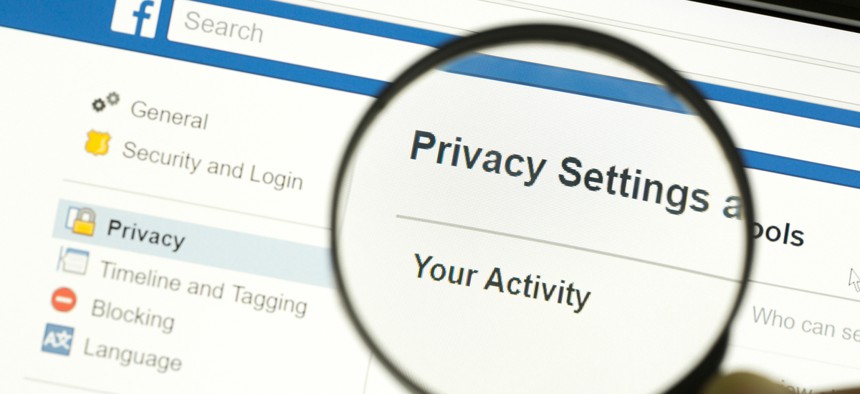Facebook Gave User Data To The Chinese Company At The Heart of U.S.-China Tech Tensions

pixinoo/Shutterstock.com
Huawei has been flagged numerous times by U.S. lawmakers as a possible security threat to Americans.
Of all the companies benefiting from Facebook’s sharing of user data with device makers, a practice under scrutiny after a series of reports from the New York Times this week, one in particular has attracted a disproportionate amount of attention.
That would be Huawei, China’s biggest maker of handsets and networking equipment, which has been flagged numerous times by U.S. lawmakers as a possible security threat to Americans. Upon the New York Times’ publication of a piece highlighting Facebook’s data sharing with Huawei, as well as with three other Chinese companies, the social network told the paper it would wind down its partnership with the Shenzhen-based phone brand.
Concern stemmed from the possibility that Huawei, believed by U.S. lawmakers to have ties to the state, might share Facebook user data with Chinese authorities. Huawei has consistently denied it has ties to the government. It also told Quartz it has never collected or stored Facebook user data.
While its rival ZTE has been in headlines more often recently due to tensions between the U.S. and China, Huawei is the company that the two countries have most clashed over in recent years.
Outside the United States, and especially in China and Europe, Huawei is ubiquitous. In 2017, the company ranked as the world’s top vendor of networking equipment, ahead of rivals Nokia and Ericsson, according to research firm IHS Markit. It also has a successful handset business in those regions.
Inside the the United States, Huawei is barely known at all. It’s been largely barred from the U.S. market since a report that the U.S. House Intelligence Committee released in 2012, which concluded that doing business with Huawei (and with ZTE) could threaten national security.
Since then, the company’s plans for the U.S. have stalled. U.S. carriers pulled back from plans to offer its flagship phone early this year. In February, senator Tom Cotton described Huawei as “effectively an arm of the Chinese government” while proposing a bill that would formally ban the U.S. government from buying or purchasing its networking equipment. In March, president Donald Trump blocked Singapore-based chip maker Broadcom’s attempt to purchase Qualcomm, after regulators name-dropped Huawei as a rival Chinese company that would benefit from the acquisition.
What explains the U.S. antipathy to Huawei? In the 2012 report, lawmakers pointed to the company’s unusual shareholding structure as a reason to suspect it has ties to China’s government. But the report contains no smoking gun (it’s possible that evidence of Huawei’s ties to the state is in classified materials).
Paul Triolo, who tracks China tech policy at research firm Eurasia Group, says that Huawei was up against an “impossible bar” in the U.S. to prove that its equipment isn’t compromised by China.
“How do you prove that you’re not controlled or influenced overly by the government? It was probably really almost impossible to prove that negative,” he says.
Proving or disproving that may also be somewhat beside the point. In China, many private companies closely follow state orders and directives—whether that entails investing in certain sectors, expanding into specific markets, or censoring online speech. While the same pattern applies to U.S. tech companies, it’s to a lesser degree.
This places both the U.S. government and companies like Facebook in an awkward position. If it’s verboten for private firms to do business with Huawei due to alleged government ties, there are many more Chinese companies that would fit the same standard.
“If you just sort of assume that it’s China and therefore the government can ask a company to do anything, then, you know, every company is as risky as Huawei,” says Triolo.





